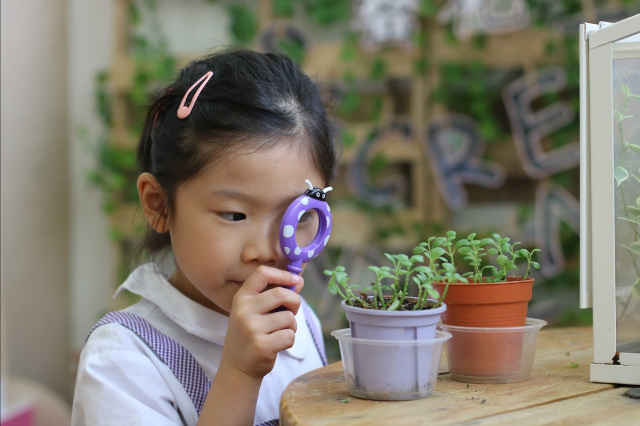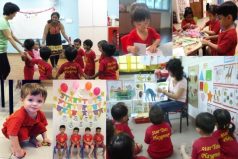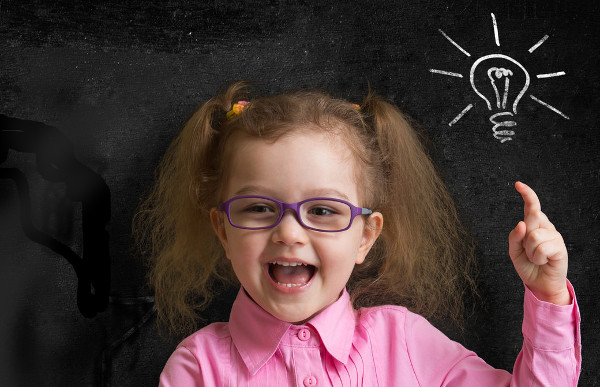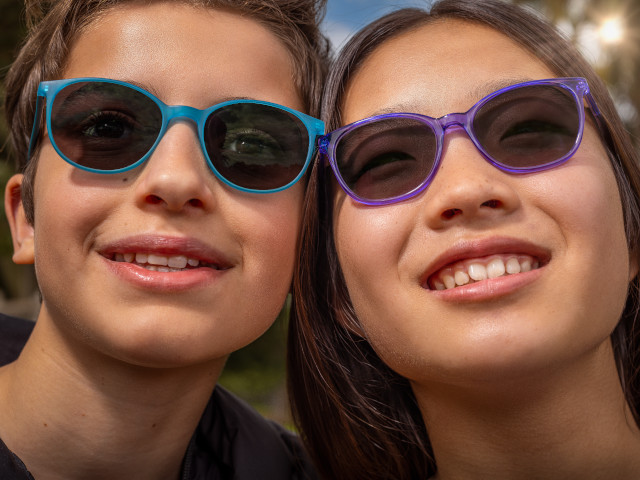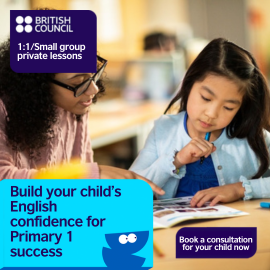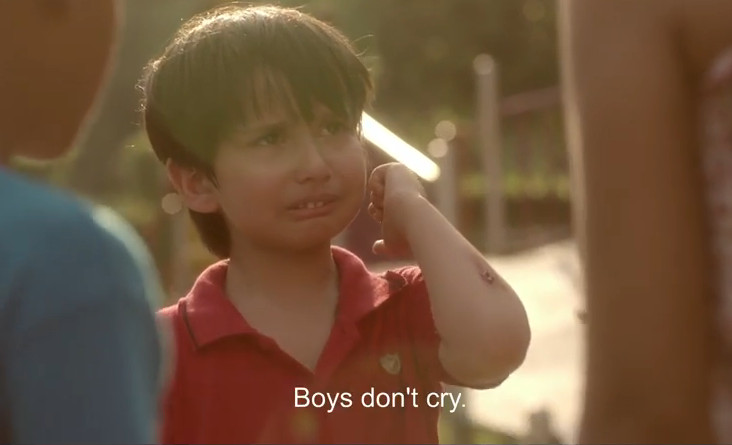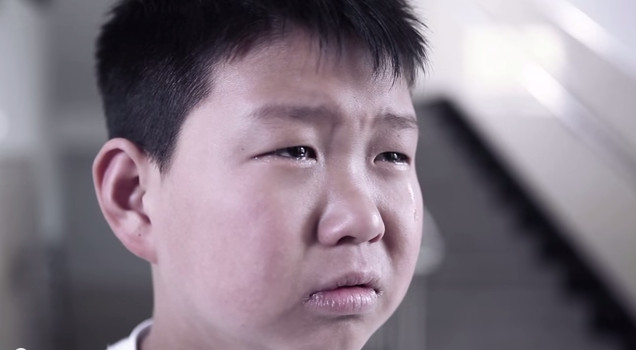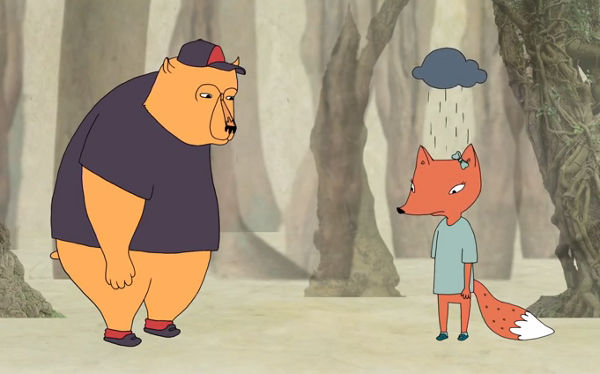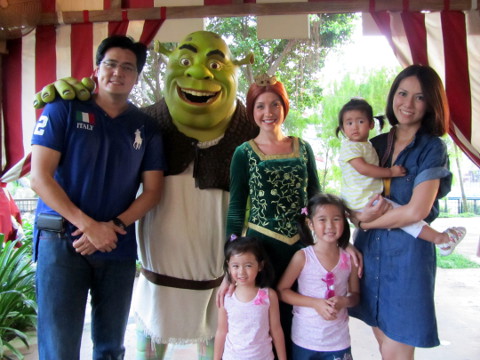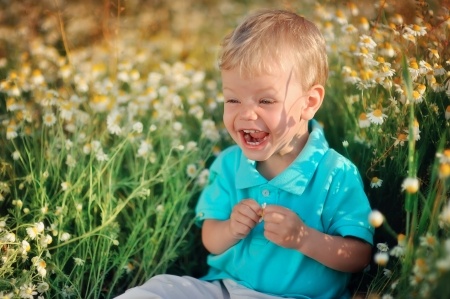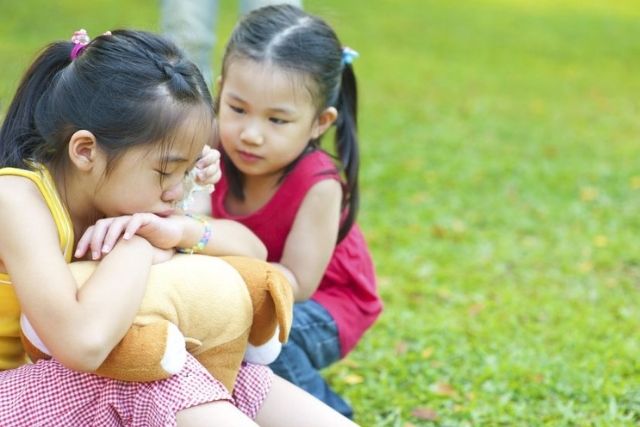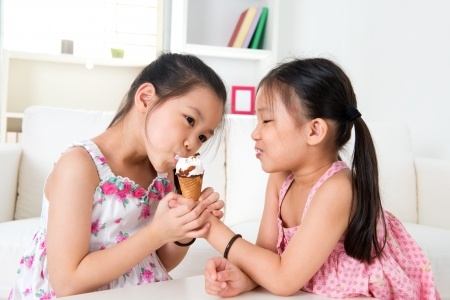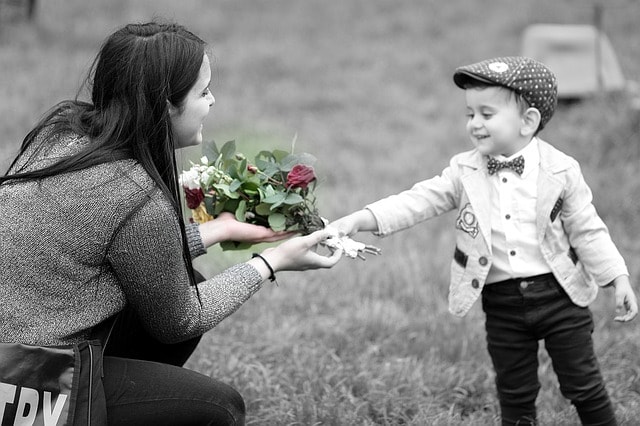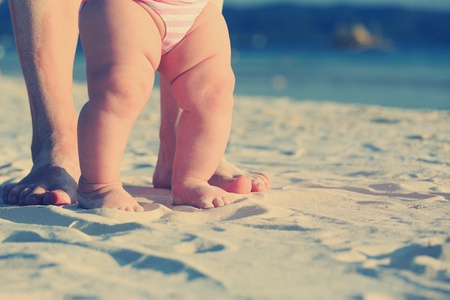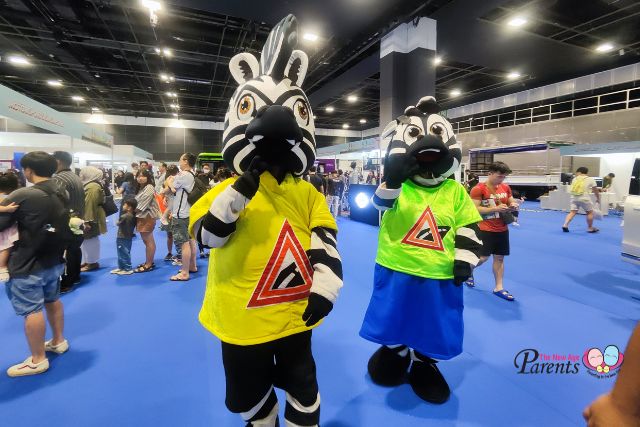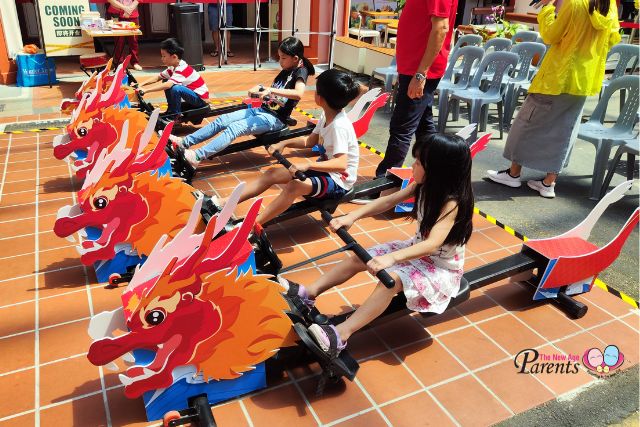I read a news article recently about a five-year-old boy who had a minor injury from an escalator incident. Onlookers interviewed for the report went on to described the boy as “very brave, as he did not cry.”
Reading that, I couldn’t help thinking that all too often children are praised for being brave when they do not cry in physically or emotionally painful situations.
Like when they take an injection at the doctor’s, when they fall and scrape their knees or when they hold back tears as they say goodbye to their parents at pre-school.
Is Crying A Sign of Weakness?

We often hear adults say “don’t cry”, “only babies cry” or “big girls/boys don’t cry” in a bid to stop their children’s tears. In fact, if our kids do not cry by ignoring that the injection spot is sore, their knees still hurt or that they miss their parents badly, they get praised for being brave. With that, we instil in children that crying is bad and they should not cry.
But is crying all that bad? Why do we find crying so hard to bear that we have to immediately nip it in the bud by finding ways to stop the tears from flowing?
Perhaps, it was because we ourselves were brought up to suppress our tears. I know I did – I grew up being shamed for crying and told that crying was undesirable. I don’t blame the intentions of parents who tell their children the same.
No parents want to see their children upset. We all want to see our children happy and them not crying is an affirmation of that. But the truth is no one is happy all the time.
Human beings experience a range of emotions. For children, big feelings like sadness, anger and frustration are even harder to control given that their brains are yet to be fully developed.
Or perhaps we need to stop our children from crying because we get annoyed or uncomfortable at the sound of crying. If so, we need to ask ourselves – why do humans cry?
Why We Need To Stop Telling Our Kids They Are Brave For Not Crying
We cry as a natural response to emotions. We cry in response to physical or emotional pain, like when we hurt ourselves or in the passing of a loved one. If so, why do we feel the need to suppress a natural expression of feelings that do not hurt others?
“If we teach children to show only happy feelings, we deny part of their humanity – and set the stage for trouble. Repressed feelings don’t go away; they go underground. These suppressed feelings can create road-blocks to learning in school and disrupt social relationships throughout life,” wrote Heather Shumaker, author of parenting book, It’s OK not to Share and Other Renegade Rules for Raising Competent and Compassionate Kids.
In his best-selling classic, Between Parent and Child, renowned child psychologist, Haim Ginott wrote, “If a child is to grow up honest, he must not be encouraged to lie about his feelings, be they positive, negative, or ambivalent.”
If we want to raise our children to become emotionally healthy and emphatic individuals, as parents, we need to learn to accept such uncomfortable feelings and show our children that they too can learn how to deal with negative feelings in emotionally healthy ways.
Why Crying Helps
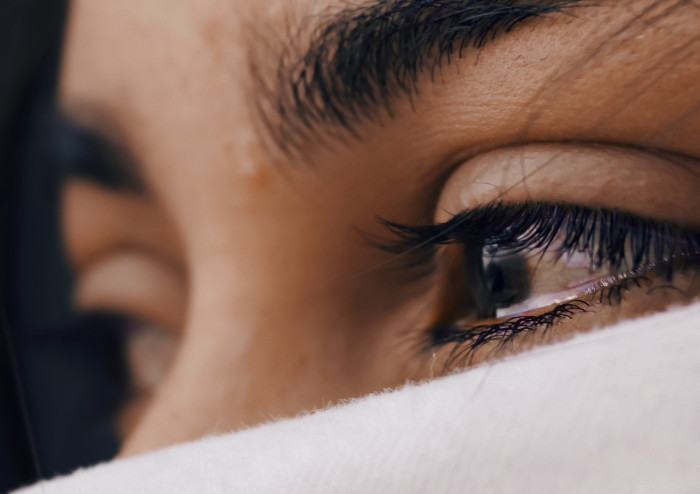
Allowing your child to cry does not mean he or she is allowed to go on a rampage, hitting, biting or thrashing the house. Allowing our children to cry is acknowledging their pain and telling them it is okay to feel normal human emotions of sadness, anger, frustration, that they are feelings that will come to pass and there are healthy ways to express those emotions.
In fact, praising a child for being brave because they did not cry is akin to saying they are weak because they cried. Would you call your best friend weak if she cried as her parent is very sick? Or if she didn’t cry, would you tell her she is very brave?
I would just be there to let her have my shoulder to cry on because it’s about letting my friend express her pain and letting her know in her moment of sadness, I’m here for her. I wouldn’t judge if she is brave or weak. To me, it’s about my best friend being sad and her needing me, that’s all there is to it.
I do not want to teach my children they are brave because they could suppress their feelings. To me, being brave is standing up for your friend who is being bullied by the class bully. Being brave is getting up on stage for a performance or a presentation even though you’re nervous.
Being brave is stepping in to help an unjustly-treated friend or a passer-by whom you may not know. That’s the kind of bravery I want to teach my children.
This article is contributed by Vivian Teo. Vivian worked as a financial journalist and editor for 14 years. She recently took a career break to spend time with her two children and write about things close to her heart – these including her blog, The Stuff Childhoods are Made of and a soon-to-be published young adult novel.
* * * * *
Like what you see here? Get parenting tips and stories straight to your inbox! Join our mailing list here.
Want to be heard 👂 and seen 👀 by over 100,000 parents in Singapore? We can help! Leave your contact here and we’ll be in touch.







